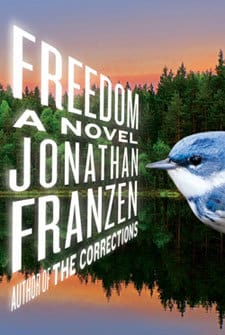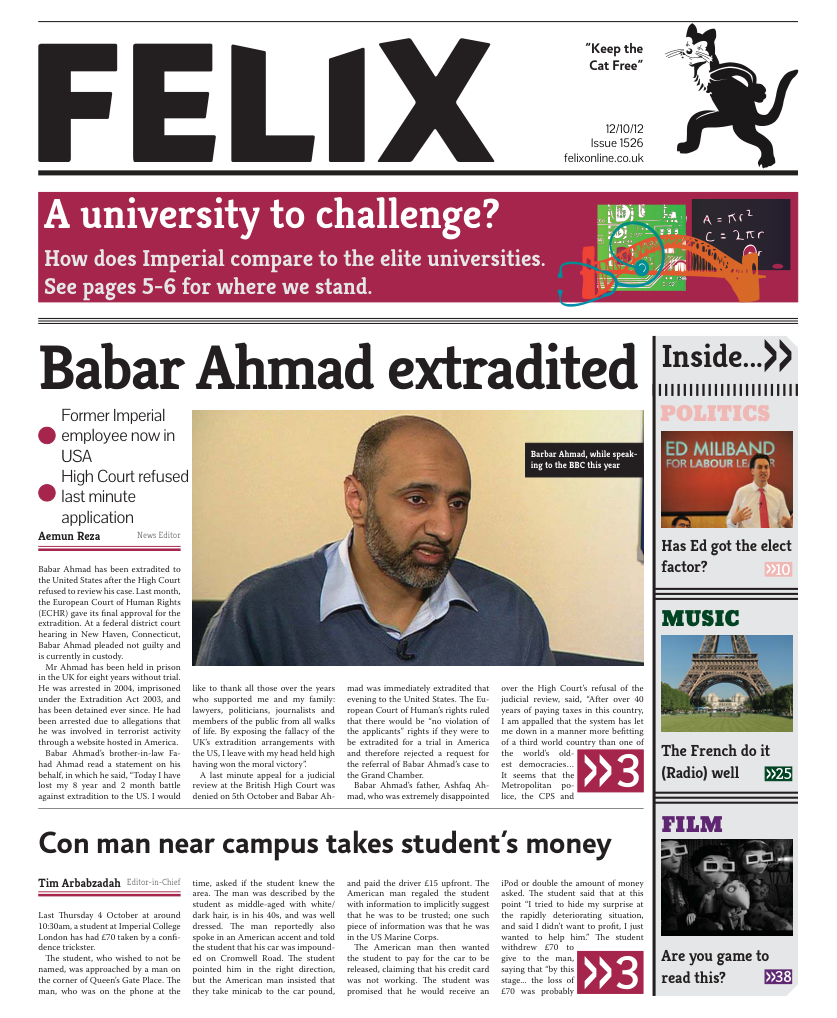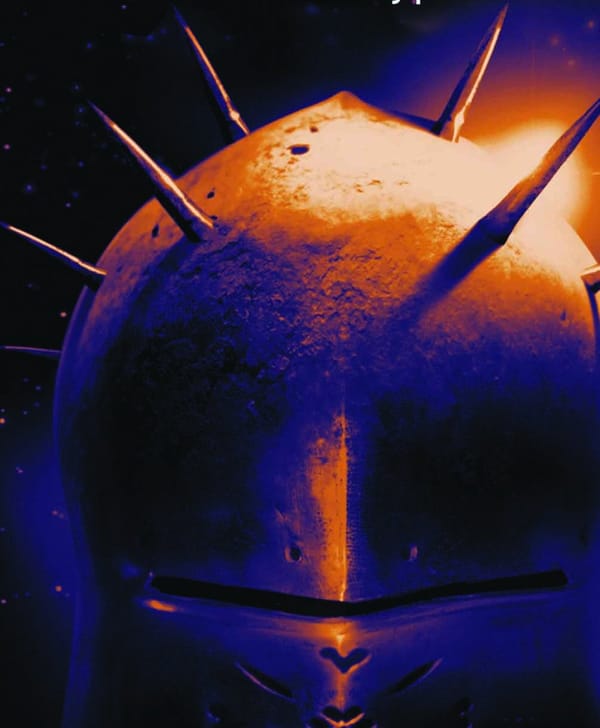Masterpiece of the Mundane
Franzen is an arse, but damn, he's a good writer

Much has been said derisively of the German sense of humour, but my favourite book review of all time, translated for me by a friend, was of Jonathan Franzen’s 2010 work and appeared in a the German newspaper Süddeutsche Zeitung. The closing passage of it read, simply: “It’d probably be unbearably boring if it wasn’t such a masterpiece”.
This critical assessment is arguably true for all brilliant books (and films, and albums, and art), however with Freedom it feels particularly salient. The story itself rotates around the life and dysfunctions of a normal-enough middle-class family; dysfunctions which have been well-worn by soap-operas and agony aunts but, when explored in Freedom, become painfully real and thoroughly absorbing. The sheer length and depth of the book is physically daunting. At several points throughout the story I could feel the plot reaching a point that another author could’ve comfortably began wrapping up, however, with an output of just under one book a decade, Franzen isn’t in any hurry to finish. By employing several interesting writing techniques — for example by not only shifting the imagined story teller, but also the imagined audience of the story being told — and by focusing on only 4 characters, Freedom manages to avoid reading like it’s well over half the length of War & Peace, despite actually being so.
Unfortunately, however, Franzen is a complete bell-end. If a book is about a white, middle-class liberal American of mixed Jewish/Scandinavian heritage from Minnesota and is written by a white, middle-class liberal American of mixed Jewish/Scandinavian heritage from Minnesota, and that guy is a bell-end, then his book is very likely to be full of complete bell-ends. Unfortunately Franzen is so good at writing that a) you don’t want to put the book down because reading his writing is too damn enjoyable and b) the characters are so robustly produced and their character so expertly conveyed through fantastic story telling that every last little irritating despicable part of their god-forsaken personality is known to you. The final result is that the reader is stuck reading a book full of people they hate. And so the book proceeds for at least 550 of its 600 pages. Remarkably, considering its core of four characters and a plot focusing on the collapse of the marriage between two of them, it feels like it comprehensively and cynically deals with every single talismanic problem liberal America prides itself on having a voice on: Family, Tradition, Mental Health, Environmentalism, Women’s Rights, Commercialism and The Iraq War. The central theme that holds all these together though is freedom — perhaps unsurprising given the name of the book — and the novel explores its meanings and consequences, for good and ill.
By subtly combining enough food for thought on broad moral dilemmas, expertly satirising recent periods of western history and society but all the while keeping it to within the confines of an entirely relatable and moving personal family story, Franzen weaves a masterpiece from the truly mundane.







